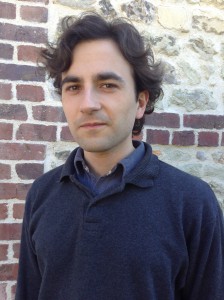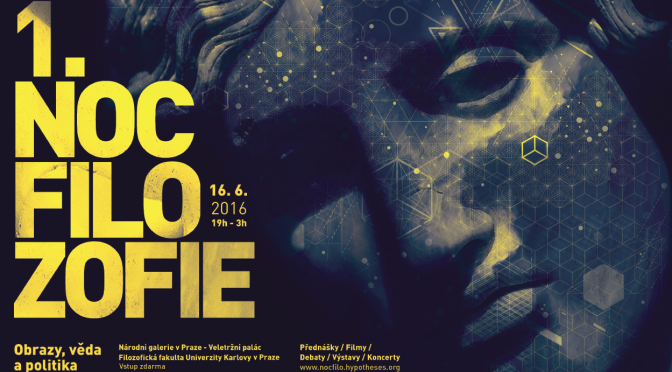Paul-Antoine Météier
 BA in History and Czech at Paris-Sorbonne (Paris-IV) University, Paris / Master at Sciences-Po-IEP de Paris.
BA in History and Czech at Paris-Sorbonne (Paris-IV) University, Paris / Master at Sciences-Po-IEP de Paris.
Master’s thesis topic: Courtly Culture As a Transfer in 12th-15th c. Bohemia
Internship period : June—July 2016.
Marion Clain
 Master International and European Studies, Politics and Societies, Europe and the World, University of Nantes, France. Bachelor in Law and Political Sciences, University of Nantes.
Master International and European Studies, Politics and Societies, Europe and the World, University of Nantes, France. Bachelor in Law and Political Sciences, University of Nantes.
Master thesis: Islamophobia in Central Europe/Czech Republic.
Internship period: May—June 2016
Pierre Neau
 Masters in Gender Studies at EHESS, Paris, France.
Masters in Gender Studies at EHESS, Paris, France.
Bachelor in Philosophy and Sociology & Bachelor in Cultural studies at Lille 3 University, Lille, France.
Fields of research: Sociology, Gender Studies, homosexualities, masculinities, post-colonial and post-communism studies.
Master’s thesis topic: “Expatriation, Manlihoods, and Homosexualities: Prague as a Gay Paradise Named Desire”.
Internship period: April 2016
Ludovic Schlosser
 Master TEMA EHESS / FF UK.
Master TEMA EHESS / FF UK.
BA in history and slavic studies at Aix-Marseille University and Eberhard Karls University, Tübingen (Germany).
Fields of research: Social history of German culture and East-Central Europe, history of everyday life.
Master’s thesis topic: Tourism Industry and Ethnographic Production. Their Changing Interrelations and Impact on Local Identity Patterns in the Giant Mountains (1880-1918).
Internship period: March—April 2016.
Marion Eschard
 Master at Paris-Sorbonne University.
Master at Paris-Sorbonne University.
Graduated in Eastern Central European Studies, specialization in Czech and Hungarian Languages (Paris-Sorbonne University) and in Literary Studies at Nantes University.
Fields of research: History and Literature. Idiocy, Humour and Dissidence.
Master’s thesis topic: Smart Idiocy in the Journalistic Writings of Alfred Jarry (1873-1907) and Jaroslav Hašek (1883-1923).
Internship period: February–April 2016.
Gwendal Piégais
Master at University of Louvain.
Graduated in philosophy and in history – University of Bretagne Occidentale (Brest) and Catholic university of Louvain (Louvain-la-Neuve).
Fields of research: Military and social history in WWI.
Planned PhD thesis topic: Practices and Uses of Interrogating German and Austro-Hungarian Deserters by the Intelligence Service of the Entente Armies during WWI.
Internship period: October 2015—January 2016.
Xavier De Poulpiquet de Brescanvel
 Master TEMA EHESS / FF UK.
Master TEMA EHESS / FF UK.
BA in history and in philosophy at University of Rennes.
Fields of research: Modern history, cultural history.
Master’s thesis topic: An Analysis of De la Crequinière’s Narrative: Conformity of Eastern Indians’ Customs with these of Jews and other ancient peoples (17-18th c.).
Internship period: October—December 2015.
Alicia Bouchot
 Master TEMA EHESS / FF UK.
Master TEMA EHESS / FF UK.
BA in history and geography at Jean-Jaurès University, Toulouse.
Fields of research: Urban studies, minority studies, history of immigration.
Master’s thesis topic: “Ethnic neighborhood” or “place of diversity”: the study of a neighbourhood in Toulouse (1969-2009).
Internship period: October 2015. Intern at the library.




